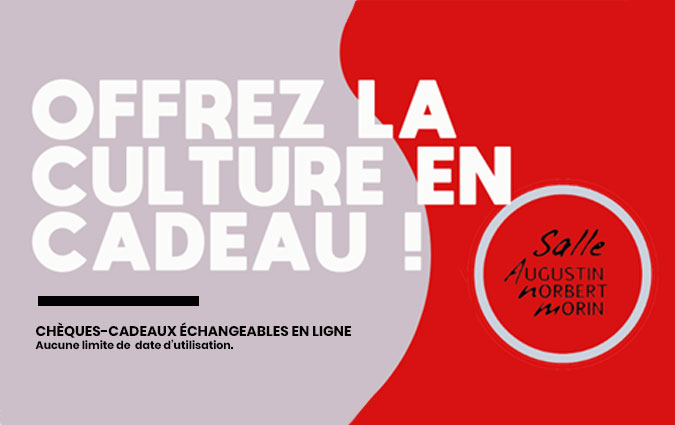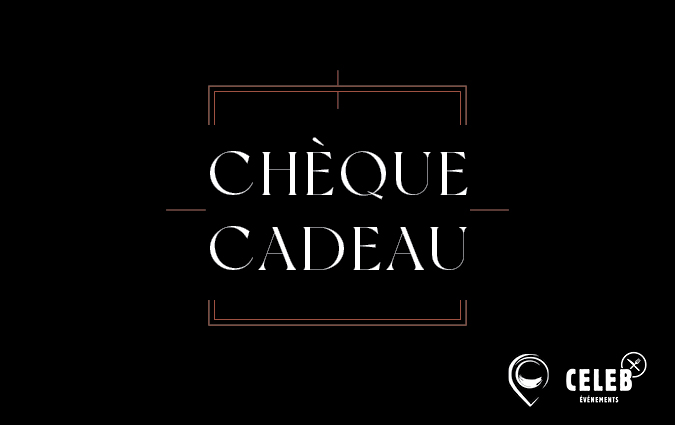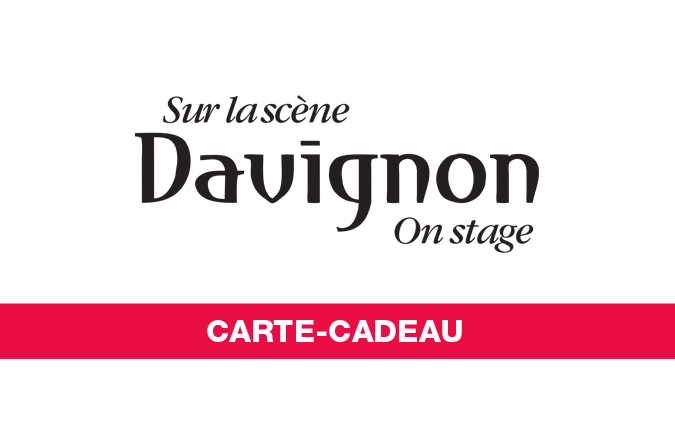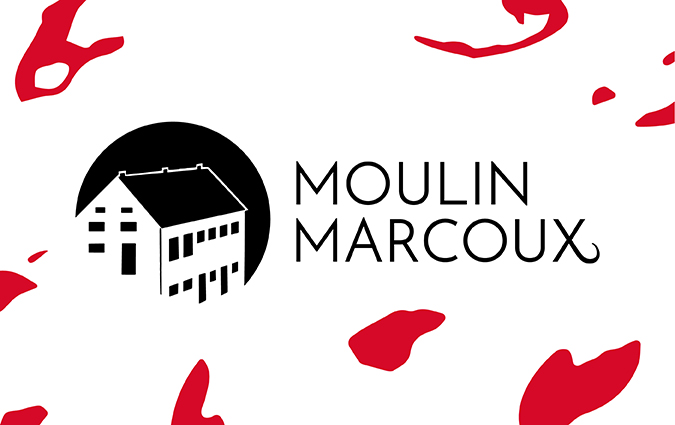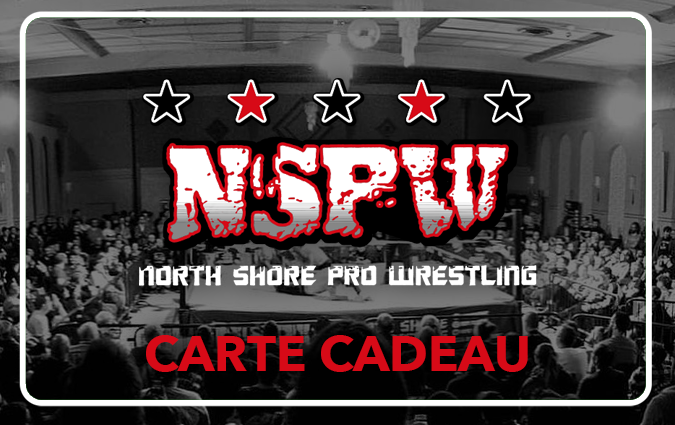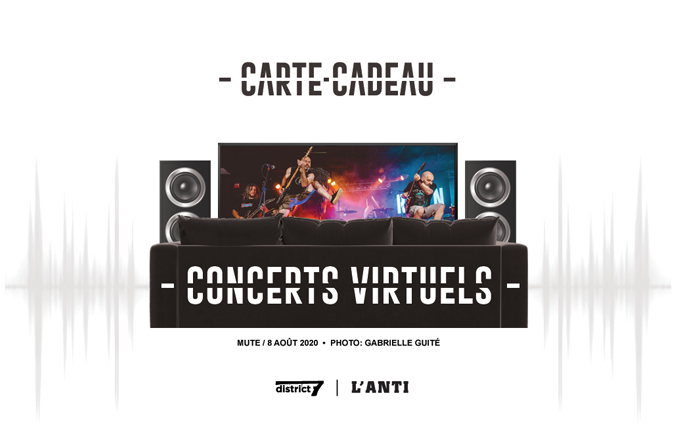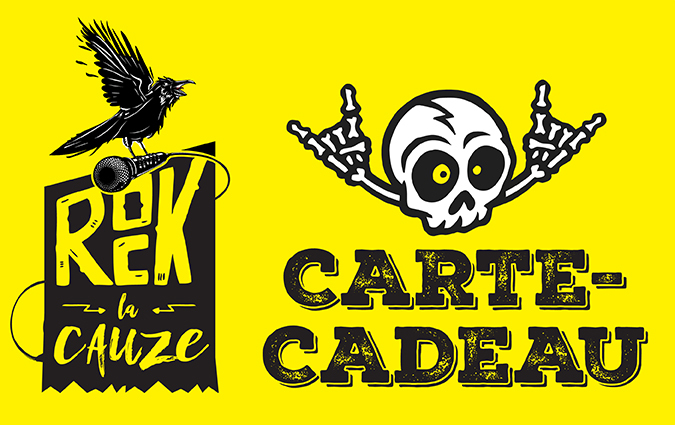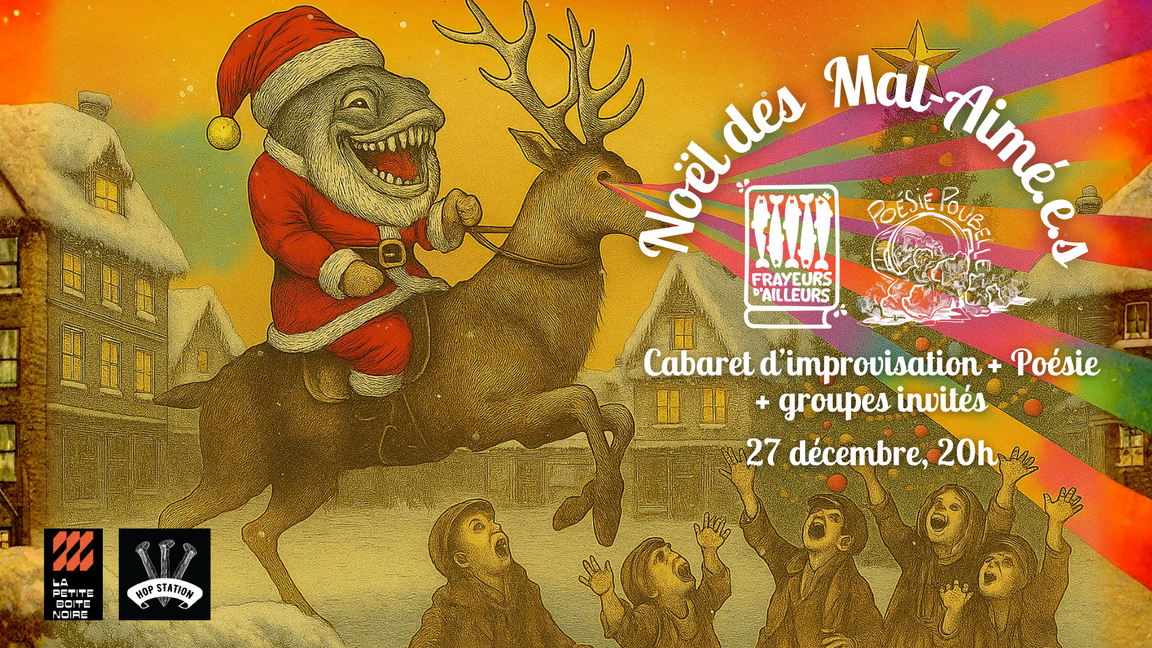

Basia Bulat
Partagez cet événement
Pour plus d’information à propos de cet événement, veuillez contacter l’organisateur de l’événement, La Petite Boîte Noire, à info@lapetiteboitenoire.com.
Achat de billets
Let’s get one thing out of the way: Basia Bulat doesn’t live in a château. The property at the heart of the songwriter’s new studio album is at once her apartment, her jam-space, and the inside of her head. Basia’s Palace is a place festooned with love and memory, and bad wiring; it’s a paradise that comes alive in the wee hours of the night–a time that’s suited to video games and Leonard Cohen records, when you sit in all that richness and take in all the mess we inherit.
Basia’s Palace got its start in 2022. A new home, a new family, a pause: the singer was finally finding time to hear her own thoughts, to think about old stories, to boot up her Nintendo to play Dragon Warrior 4. It brought to mind anecdotes Bulat had heard about Cohen—how he used to do his best writing at three or four a.m., before his kids woke up, when he’d sit and toy with his Casio’s presets. Now it was Bulat sneaking down to play RPGs or to make music on her MacBook, listening for the spirit-world at a time when the veil felt thinnest. The songs she was creating didn’t feel like anything she had recorded before—MIDI soundscapes that floated and gleamed, like hidden levels above (or below) the action.
The album that emerged from all this—that started in dawn-kissed synth instrumentals, lyrics scribbled down in a Hayao Miyazaki notebook—is the softest and most searching of her career. Co-produced by frequent collaborator Mark Lawson (who worked with her on Tall Tall Shadow and The Garden), and mixed by legendary engineer Tucker Martine (Beth Orton, Neko Case, The National), Basia’s Palace is like a time-travel score, with Bulat akin to Chrono Trigger’s intrepid adventurer, going back into the past to shape the events of the future. After years of releasing records where live performance came first—culminating in 2022’s The Garden, which reimagined some of her best-loved songs with help from a string quartet—the singer-songwriter wanted to express herself in a completely different way, composing with MIDI instead of piano or guitar. She found herself moving through a dreamworld of whispers, synths, and early Eurovision tunes–and Cohen’s I’m Your Man and her great uncle’s gauzy Maryla Rodowicz LPs.
The result feels like an album that was concealed behind the backings of Bulat’s childhood photos—tracks like “My Angel,” where mystery and romance mingle over squelchy synths, drum machine, and a soaring string arrangement by Drew Jurecka (Dua Lipa, Alvvays), or “Laughter,” which takes a quiet garden scene and sees it build to a deafening sublime. “Disco Polo” is a track Bulat’s been threatening to make for years: a folk-song named for a genre of Polish dance music that was beloved by her late father. Meanwhile “Baby,” which took years to finish, makes an elegant dance number out of an all-too-familiar predicament: “Baby, baby, baby,” Basia sings, “I don’t learn!” At some moments there are shades of Serge Gainsbourg and Brigitte Bardot’s “Bonnie and Clyde” or Charles Aznavour’s “Emmenez-Moi,” and at others it’s the silicon-shiny sweetness of The Cardigans’ “Lovefool” or Air’s Moon Safari.
Throughout, Bulat pays tribute to the magic of creation and the spellwork of performance. This is the truest location of Basia’s Palace: not just the Mile End jam-space where she recorded much of this LP; not just her home, her family, or her searching spirit. But the moment itself—the one that happens on-stage, or in the instant of creation—when a song leaves Basia’s heart and leaps onto her lips.
Let’s get one thing out of the way: Basia Bulat doesn’t live in a château. The property at the heart of the songwriter’s new studio album is at once her apartment, her jam-space, and the inside of her head. Basia’s Palace is a place festooned with love and memory, and bad wiring; it’s a paradise that comes alive in the wee hours of the night–a time that’s suited to video games and Leonard Cohen records, when you sit in all that richness and take in all the mess we inherit.
Basia’s Palace got its start in 2022. A new home, a new family, a pause: the singer was finally finding time to hear her own thoughts, to think about old stories, to boot up her Nintendo to play Dragon Warrior 4. It brought to mind anecdotes Bulat had heard about Cohen—how he used to do his best writing at three or four a.m., before his kids woke up, when he’d sit and toy with his Casio’s presets. Now it was Bulat sneaking down to play RPGs or to make music on her MacBook, listening for the spirit-world at a time when the veil felt thinnest. The songs she was creating didn’t feel like anything she had recorded before—MIDI soundscapes that floated and gleamed, like hidden levels above (or below) the action.
The album that emerged from all this—that started in dawn-kissed synth instrumentals, lyrics scribbled down in a Hayao Miyazaki notebook—is the softest and most searching of her career. Co-produced by frequent collaborator Mark Lawson (who worked with her on Tall Tall Shadow and The Garden), and mixed by legendary engineer Tucker Martine (Beth Orton, Neko Case, The National), Basia’s Palace is like a time-travel score, with Bulat akin to Chrono Trigger’s intrepid adventurer, going back into the past to shape the events of the future. After years of releasing records where live performance came first—culminating in 2022’s The Garden, which reimagined some of her best-loved songs with help from a string quartet—the singer-songwriter wanted to express herself in a completely different way, composing with MIDI instead of piano or guitar. She found herself moving through a dreamworld of whispers, synths, and early Eurovision tunes–and Cohen’s I’m Your Man and her great uncle’s gauzy Maryla Rodowicz LPs.
The result feels like an album that was concealed behind the backings of Bulat’s childhood photos—tracks like “My Angel,” where mystery and romance mingle over squelchy synths, drum machine, and a soaring string arrangement by Drew Jurecka (Dua Lipa, Alvvays), or “Laughter,” which takes a quiet garden scene and sees it build to a deafening sublime. “Disco Polo” is a track Bulat’s been threatening to make for years: a folk-song named for a genre of Polish dance music that was beloved by her late father. Meanwhile “Baby,” which took years to finish, makes an elegant dance number out of an all-too-familiar predicament: “Baby, baby, baby,” Basia sings, “I don’t learn!” At some moments there are shades of Serge Gainsbourg and Brigitte Bardot’s “Bonnie and Clyde” or Charles Aznavour’s “Emmenez-Moi,” and at others it’s the silicon-shiny sweetness of The Cardigans’ “Lovefool” or Air’s Moon Safari.
Throughout, Bulat pays tribute to the magic of creation and the spellwork of performance. This is the truest location of Basia’s Palace: not just the Mile End jam-space where she recorded much of this LP; not just her home, her family, or her searching spirit. But the moment itself—the one that happens on-stage, or in the instant of creation—when a song leaves Basia’s heart and leaps onto her lips.
Basia Bulat
Basia Bulat est une autrice-compositrice-interprète basée à Montréal. Récipiendaire de multiples nominations aux prix Juno et Polaris, elle se démarque par sa voix incomparable ainsi qu’une sensibilité artistique qui n’est pas sans évoquer le R&B, la soul, ou encore le freak folk. Son talent lui vaut également une place sur les grandes scènes : ses compositions sont reprises par des orchestres symphoniques et elle participe, à titre d’artiste invitée, à de prestigieux spectacles-hommages à Leonard Cohen, Daniel Lanois et The Band. Depuis le lancement de son premier album en 2007, elle partage la scène avec de nombreux artistes, dont The National, Nick Cave and the Bad Seeds, Daniel Lanois, St. Vincent, Sufjan Stevens et Destroyer. Elle collabore également, à titre de compositrice, avec des artistes de tous genres, dont US Girls et Jeremy Dutcher. Outre sa voix puissante et assurée, Basia est une multi-instrumentiste accomplie : en studio comme sur scène, on l’entend à la guitare électrique, au piano, à l’autoharpe, à l’ukulélé, à la basse et au charango.
Événements à venir
-
 27 décembre 2025, 20h00La Petite boite noire, Sherbrooke, QC
27 décembre 2025, 20h00La Petite boite noire, Sherbrooke, QC -
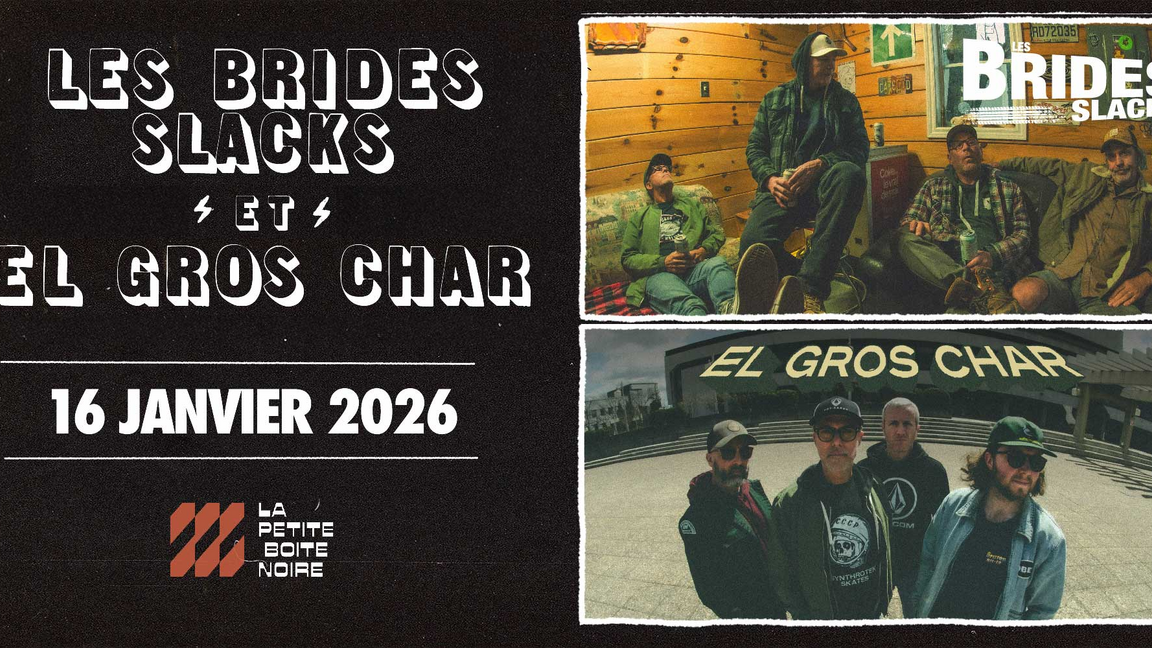
Les Brides Slacks x El Gros Char
16 janvier 2026, 20h00La Petite boite noire, Sherbrooke, QC -
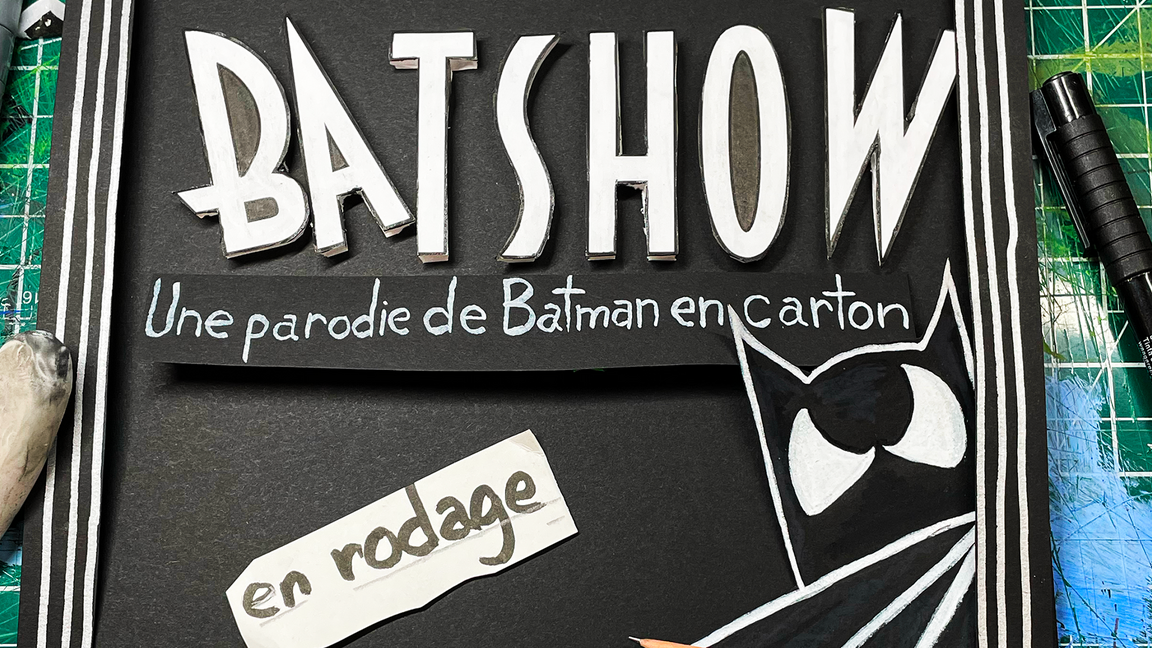
BATSHOW : une parodie de Batman en carton (en rodage)
17 janvier 2026, 20h00La Petite boite noire, Sherbrooke, QC -

Unceded Sounds x Nadz
23 janvier 2026, 20h00La Petite boite noire, Sherbrooke, QC





